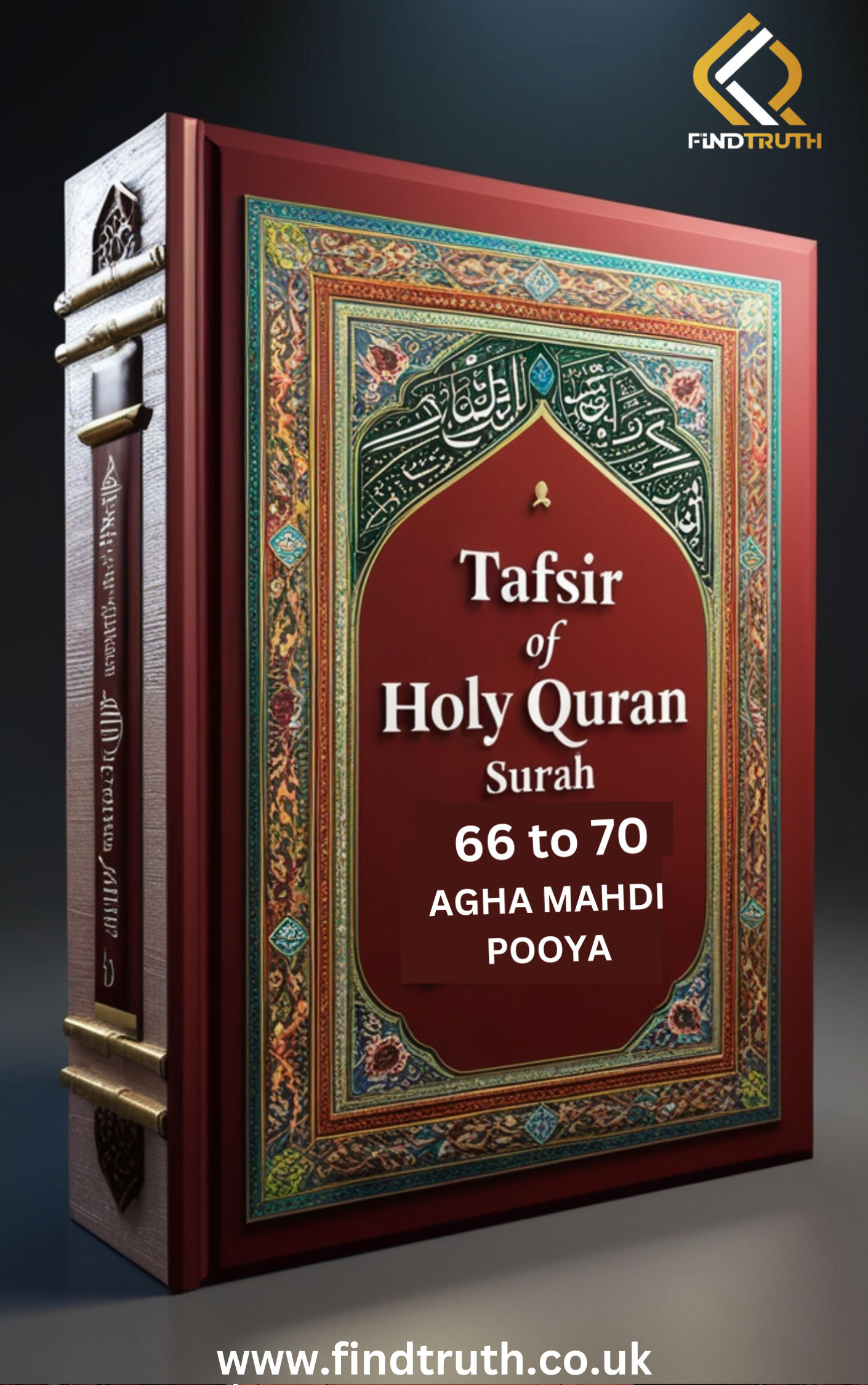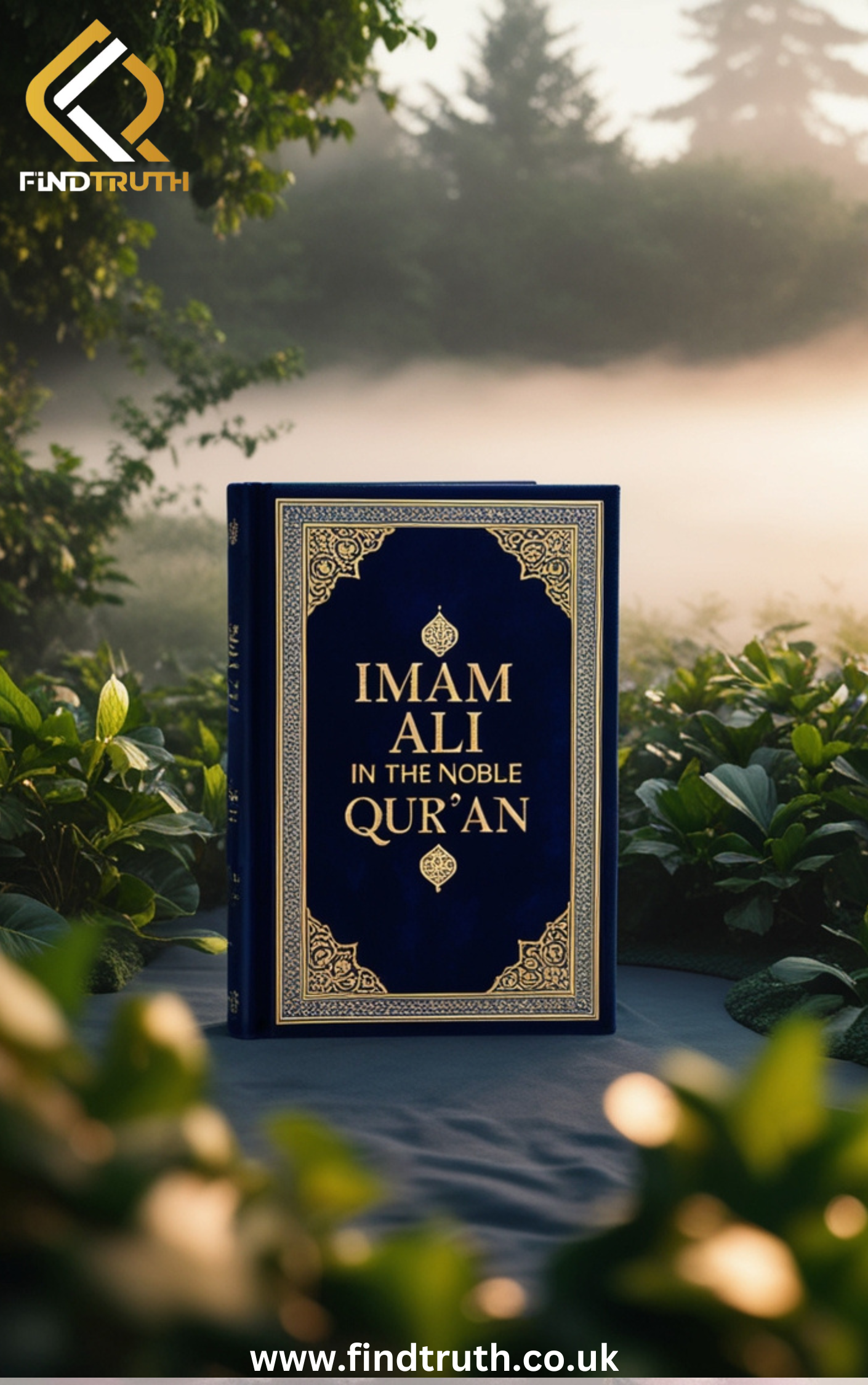
- Beliefs
-
Muslim Practices
- Salah (Daily Prayers)
- Sawm (Fasting)
- Hajj (Pilgramage to Makkah)
- Zakah (Charity Giving)
- Khums (Giving One-Fifth of Annual Saving)
- Jihad (Striving in the Way of God)
- Amr bil Ma'ruf (Encouraging Good)
- Nahy 'an al-Munkar (Stopping Evil)
- Tawalla (Loving the Prophet & His Family)
- Tabarra (Disassociating from the Enemies of the Prophet and His Family)
- Islamic Education
-
Akhlaq - (Ethics)
-
Quran & Sciences
-
Islamic History
-
Socio-Cultural
- Islamic Holy Places
-
Supplications
- Home
- Feature Selections ★
- Beliefs 🛐
-
Muslim Practices ☪️
- Salah (Daily Prayers)
- Sawm (Fasting)
- Hajj (Pilgramage to Makkah)
- Zakah (Charity Giving)
- Khums (Giving One-Fifth of Annual Saving)
- Jihad (Striving in the Way of God)
- Amr bil Ma'ruf (Encouraging Good)
- Nahy 'an al-Munkar (Stopping Evil)
- Tawalla (Loving the Prophet & His Family)
- Tabarra (Disassociating from the Enemies of the Prophet and His Family)
- Islamic Education
-
Akhlaq - Ethics 🔑
- Quran and Sciences 📖
-
Islamic History
- Socio-Cultural
- Islamic Holy Places
- eBooks
- Tafsir of Holy Quran Surah 66 To 70
Tafsir of Holy Quran Surah 66 To 70
"Tafsir of Holy Quran Surah 66 to 70" presents a detailed commentary on Surahs At-Tahrim (The Prohibition), Al-Mulk (The Sovereignty), Al-Qalam (The Pen), Al-Haqqah (The Inevitable), and Al-Maarij (The Ascending Stairways). These surahs address vital aspects of personal conduct, divine justice, the certainty of the Hereafter, and the nature of human responsibilities. Surah At-Tahrim highlights the importance of upholding righteousness, while Al-Mulk emphasizes God's sovereignty and control over creation. Al-Qalam focuses on the qualities of a true believer, particularly patience and integrity in the face of trials. Al-Haqqah underscores the reality of the Day of Judgement and its inevitable truth, and Al-Maarij discusses the ascent of the soul and the rewards of the righteous. This tafsir offers readers a deep understanding of these surahs, incorporating historical context, linguistic interpretations, and spiritual reflections that guide individuals in their personal and social life.










